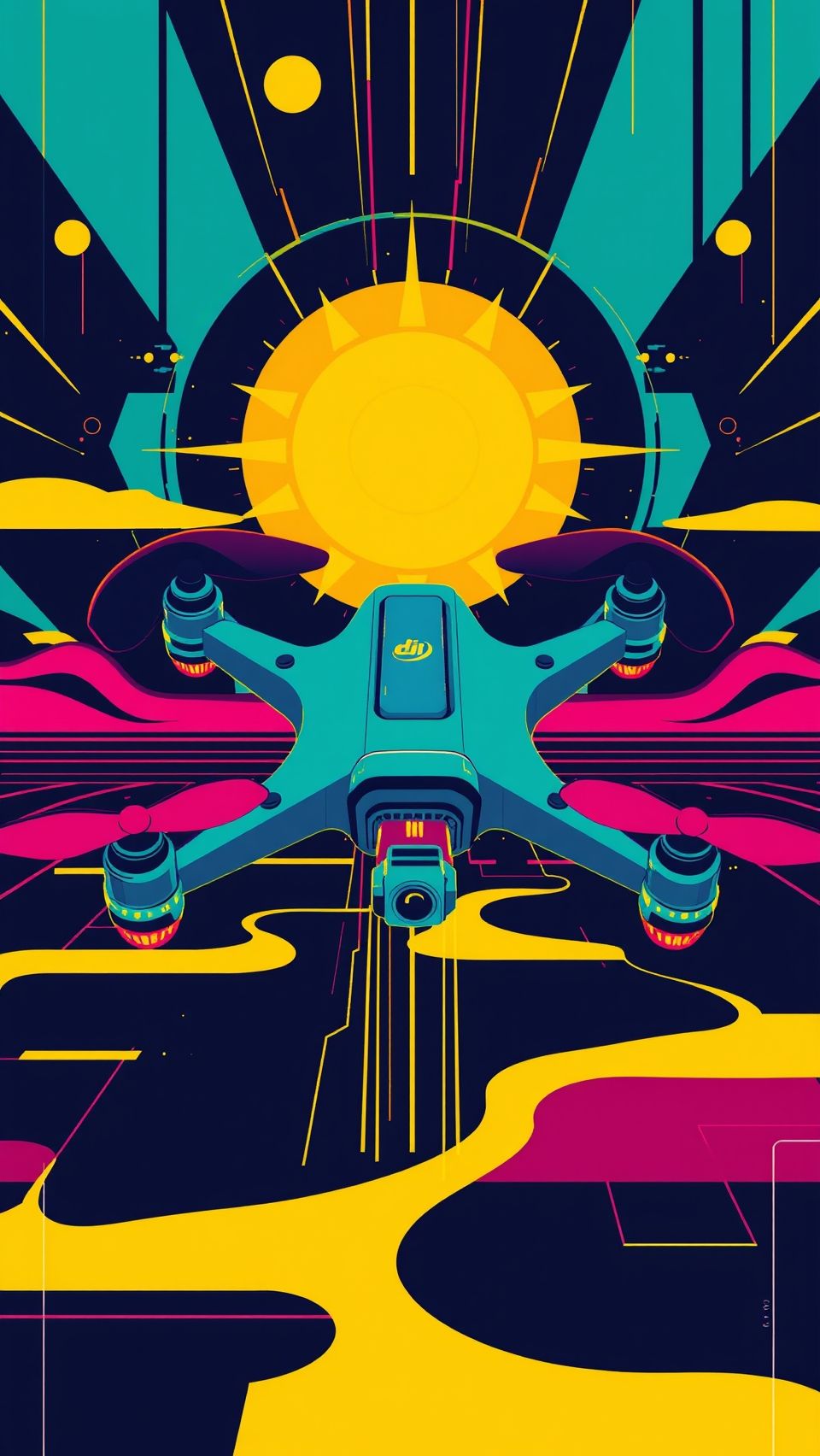Histosonics Worth 225 Billion After Strategic Acquisition
HistoSonics, a leading developer of non-invasive sonic beam therapy using histotripsy, has reached a …
23. July 2025

Security researcher Kevin Finisterre has successfully linked the SkyRover X1 drone to DJI’s cloud infrastructure via a code hidden in its smartphone app, confirming earlier suspicions that the SkyRover is, in fact, a rebranded version of the DJI Mini 4 Pro. This discovery sends ripples through the drone community and prompts renewed scrutiny of Chinese-made drones.
The findings have significant implications for the American market, where lawmakers are pushing for restrictions on such devices. The revelation also underscores the growing trend of DJI-inspired clones entering the market, often with echoes of the company’s technology and design. These clones provide familiar features—such as 4K imaging and extended flight times—while navigating regulatory hurdles.
Finisterre’s analysis revealed explicit ties to DJI’s ecosystem, including code snippets referencing the DJI FlySafe services. These references point to a deep-seated connection between SkyRover and DJI’s cloud-based platform, which has sparked concerns among security experts and lawmakers. The app’s interface, which closely resembles the DJI Fly app, further reinforces this connection.
The design parallels with the DJI Mini 4 Pro are striking. Weighing under 250 grams, it features 360-degree obstacle avoidance via front, rear, and bottom sensors, a 1/1.3-inch camera sensor capturing 4K video at 60 frames per second, and a transmission range of 15 kilometers. These specifications echo the DJI Mini 4 Pro’s own performance metrics, raising concerns about the SkyRover’s authenticity.
Shawn’s review of the SkyRover X1 highlights its reliability: “After eight weeks of testing, I can confirm its reliability.” Intelligent modes like Active Track, waypoint missions, and hyperlapses perform well, much like DJI’s offerings. This similarity has sparked debate among drone enthusiasts, with some questioning whether the SkyRover is genuinely a distinct product or simply a rebranded clone.
The Specta Air, for instance, shares hardware with the DJI Air 3 but assembles in Malaysia to sidestep some restrictions. Anzu Robotics’ Raptor series licenses DJI technology from the Mavic 3 line, offering NDAA-compliant alternatives with U.S.-based data handling for enterprise users.
DJI faces mounting scrutiny in the U.S., with the 2025 National Defense Authorization Act mandating a security review that could lead to a ban by year’s end. Almost all DJI models are already out of stock at major retailers, prompting pilots to seek alternatives like the SkyRover X1. The SkyRover X1 is available on Amazon, priced around $898 for the Fly More Combo with three batteries and a charging hub.
As the drone landscape continues to evolve, security experts and lawmakers must remain vigilant in their pursuit of transparency and accountability. The revelation surrounding the SkyRover X1 serves as a reminder that even seemingly innocuous products can harbor complex connections to established companies with significant influence. The discovery raises questions about the regulation of drone technology and the need for stricter oversight of foreign-made devices.